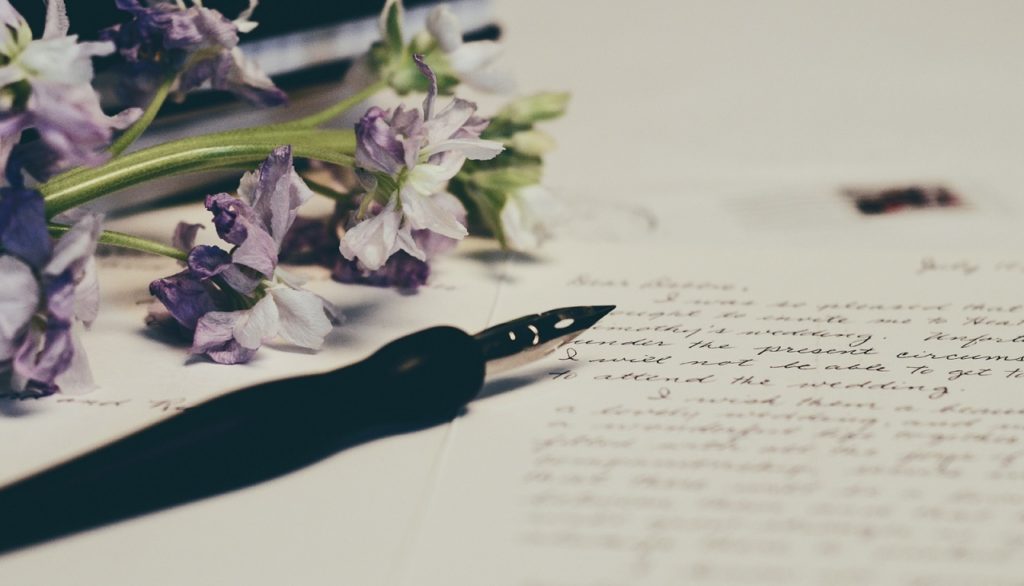Victoria Inyang-Talbot

As I prepare to share parts of my research at the International Symposium on Poetic Inquiry later this month in Cape Town, I cannot help but meditate on the question that has preoccupied me for a long time, and is key to my research project. The famous quote, ‘to thyself be true’, spoken by Polonius, King Claudius’ chief minister in Shakespeare’s Hamlet, exhorts us to understand much about ourselves, and at such self-knowledge, not to depart from its convictions.
Being true to oneself is, indeed, a noble aspiration. What else could one aspire to be but oneself?
For teachers, this exhortation is ambiguous, both in the literature and in practice. For to be autonomous, teachers need to cast away the yoke of managers, OFSTED inspectors, policy makers, local council interventions. To be professionally distant yet open to self-disclosure, is itself an oxymoron. To be genuine will mean at some point to tell the truth about the inadequacies of the education the students are being provided; at other times the opposite. This risks disillusioning them too early and that in no way would reflect the teacher’s commitment to them. So how does a teacher remain ‘authentic’?
To engage with the question of authenticity in teacher identity, and to provide an avenue for teachers themselves to respond to what makes up their authenticities, the Critical Authenticity Project invited teachers from all over the world to participate in poetry workshops.
Here teachers learnt poetic forms, and wrote about themselves. As a researcher, I was equally confronted with my own self how it plays into the wider social narrative on identity, and how this influences my role as a teacher.
As an example, when asked to write a list poem, one of the teachers submitted the following:
My Authentic Teacher Bag I will put in my bag my beat-up guitar Large puppets and stages and little toy cars I will put in my bag some musical vids To choreograph, block and entertain kids I will put in my bag my biggest fake smile To deal with tough parents who make me taste bile My bag is made from the laughs of the youth That wriggle and giggle, and show lots of teeth I’ll dance and sing loud and bobble about, and trick them to learning then leave with a shout!
Poetry provided the teachers the space with which to be critically concerned about themselves, and to articulate their self-knowledge creatively.
I look forward to sharing some of their words at the conference this May and for those words to fly and take on shape, making those teachers visible in themselves.
Victoria Inyang-Talbot is a Graduate Teaching Assistant in the Faculty of Education at Edge Hill University.
Photo by Debby Hudson on Unsplash
